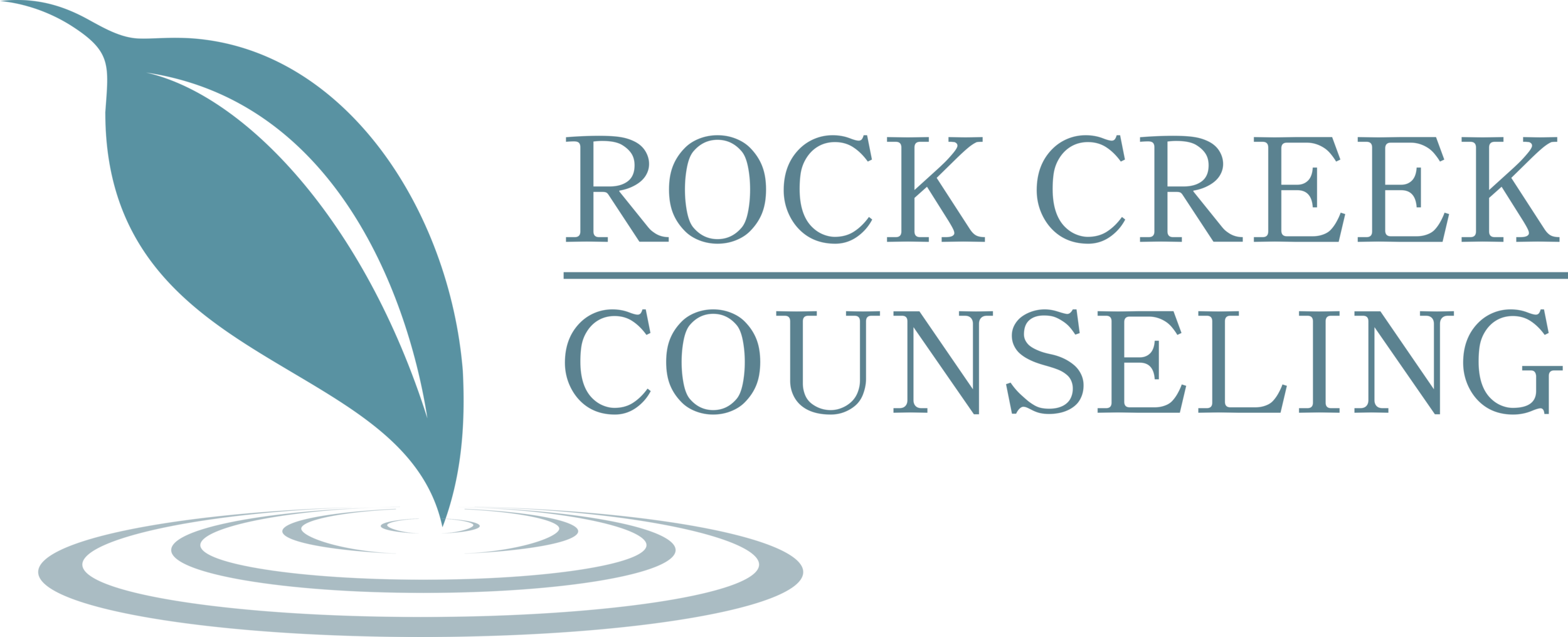How to Support a Loved One Who Isn’t Yet Ready for Therapy
When you know through experience the power of therapy, it can feel hard to support a struggling loved one who isn’t yet ready to take that step.
It can be tempting to prod and pull them, to constantly try to convince and persuade them to seek a therapist. You may even find yourself making excuses for manipulative behavior in the name of helping your loved one or friend find help.
It’s hard to watch a loved one struggle, as mental health conditions can affect their ongoing emotional health and even seem to change their personality. They may struggle with depression, anger, sadness, apathy, sleep deprivation, and more.
First, a few things to keep in mind:
You are not their therapist. It is unsafe to try to play the role of a therapist or counselor when you are not a licensed professional and your loved one has not legally entered into a therapeutic relationship with you. More harm than help could be done, and the risk is not worth it.
Your role is not to convince, persuade, or coerce them into doing “what is best for them.”
What is best for you may not be what’s best for them. Your loved one will pursue help when they are ready - they are on their own journey toward healing and help.
This isn’t to say you can’t support your loved one. In fact, we encourage it.
When they have vocalized an unreadiness to seek help, here are some things you can do as a loved one and friend to serve them in their need, protect yourself with boundaries, and offer a sense of stability and peace.
What does supporting them look like for you?
As an amazing human and individual, you have a unique set of gifts, strengths, and characteristics that allow you to provide support to your loved one in a way no one else can. So the question is, what does supporting your loved one look like for you?
Everyone is on their own journey, and your story is not your loved one’s story. Their story is theirs to own and navigate, just as your story is yours to own and navigate.
So, what is your role in their story? Think about yourself as a character in your loved one’s life story. How do you help them get where they are going? What are your unique gifts and strengths?
If you have a gift for hospitality, invite your friend or loved one over for coffee or tea. You have a gift of showing others their presence matters to you! If you have the gift of acts of service and anticipating needs, do something small and kind for them. You have a gift of showing others their needs matter!
You can’t be everything to everyone, solving every problem, but you can show up in your unique giftings. What are your strengths and unique ways of supporting others?
Things you can do today to support a loved one who isn’t ready for therapy
Serving others and showing up in your giftings is a great way to support your loved one, but it shouldn’t stop there. Here some important things to do to support your loved one who isn’t yet ready for therapy - and to support yourself as well.
Set boundaries for yourself and for your friend. How much can they lean on you, how much are you willing to give of yourself and your emotional capacity? Where will you draw the line? How will you communicate it to your loved one when that line is breached?
Support yourself - practice self-care, talk with your therapist, practice self-awareness and understand when you are drained.
Share your therapy experience with your friend, without passing judgment or saying “you” statements. Feel free to share how therapy has helped you without saying things like, “you should go to therapy.”
Refrain from giving advice or passing judgment when they share feelings with you. Actively, deeply listen and then ask for permission to share your opinion.
Know when to take further action. Learn the warning signs of suicide and self-harm.
And lastly, be patient - it’s not your choice, it’s theirs. Don’t pour from an empty cup. Be sure to protect your boundaries, establish a relationship with a therapist you trust, do things to fill your own cup, and determine the ways you’ll be a support pillar for your friend or loved one. When they’re ready, they will seek professional help - and we will cheer for them alongside you!
